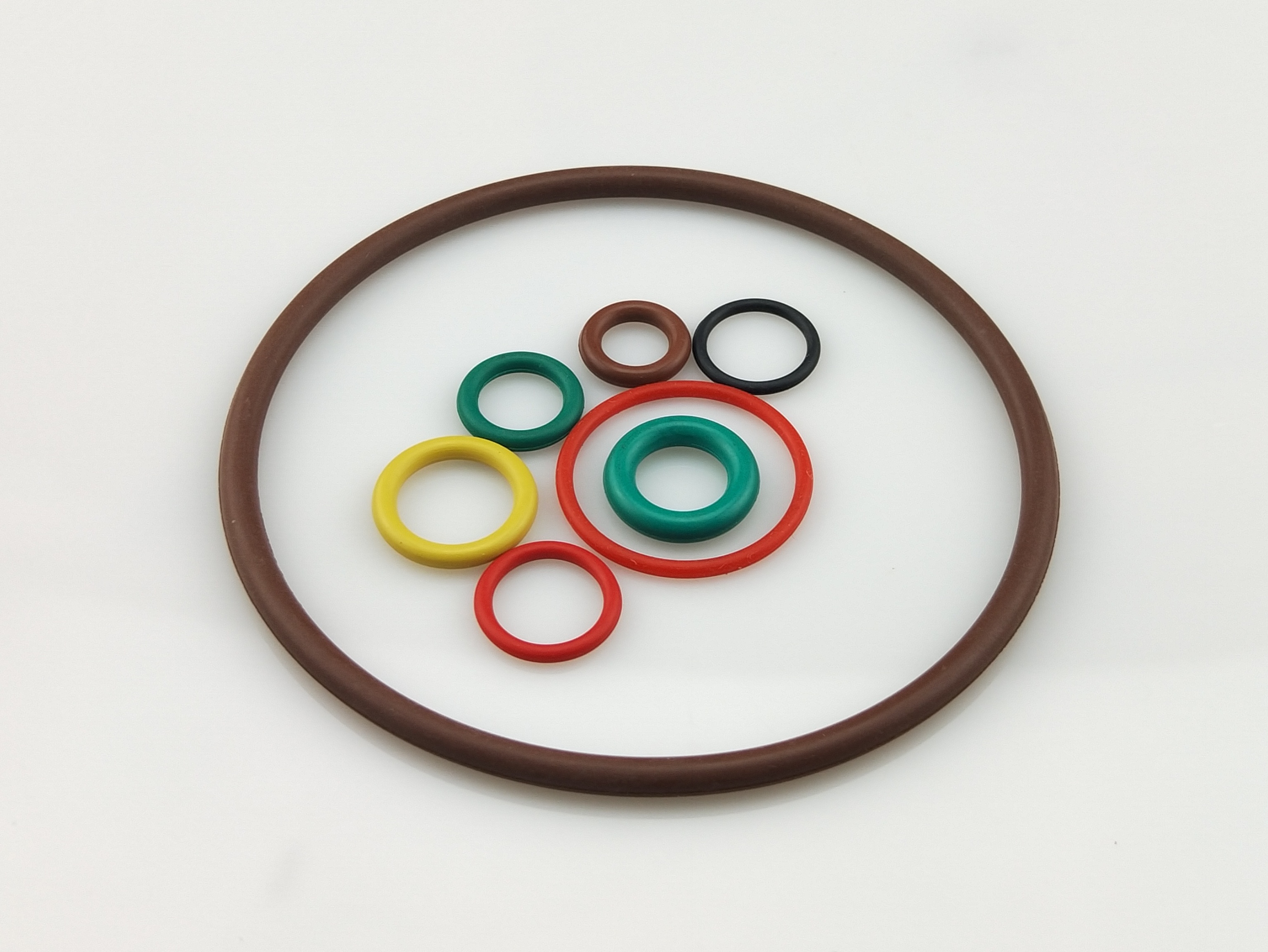News
A2025-07-14

Among specialty rubber materials, Fluorosilicone Rubber (FVMQ) stands out for its exceptional stability in extreme chemical environments and broad temperature ranges. This unique synthetic rubber combines the core advantages of silicone rubber and fluorocarbon rubber, making it an indispensable sealing material in aerospace, automotive, and industrial fields. Below are its key characteristics:
FVMQ’s primary value lies in integrating two critical traits:
| Property | FVMQ Performance | Notes |
|---|---|---|
| Heat Resistance | ★★★★☆ Excellent | Stable ≤175°C; peaks ~230°C |
| Low-Temp Flexibility | ★★★★☆ Excellent | Flexible ≥–60°C |
| Fuel/Oil Resistance | ★★★★☆ Very Good | Superior to silicone; near fluorocarbon |
| Solvent Resistance | ★★★☆☆ Good | Varies by solvent |
| Ozone/UV Resistance | ★★★★☆ Excellent | — |
| Gas Permeability | ★★★★☆ High | Exceeds general rubbers |
| Tensile Strength | ★★★☆☆ Moderate | < Fluorocarbon; > Silicone |
| Compression Set | ★★★☆☆ Good | Better than most silicones |
| Processability | ★★☆☆☆ Challenging | Requires controlled vulcanization |
| Cost | ★★☆☆☆ High | > Silicone/NBR; < Fluorocarbon |
Summary:
FVMQ excels where extreme temperatures meet chemical aggression. It bridges silicone’s thermal range and fluorocarbon’s fluid resistance, delivering reliable dynamic sealing from **–60°C to 175°C**. Despite higher costs and processing challenges, it remains unmatched for dual-threat environments.
[DLSEALS kindly Reminder] Sealing issues? Turn to DLSEALS! As a sealing component manufacturer, we specialize in customizing sealing components, providing a full range of services from design, research and development, production, testing, and more. If you have more information you'd like to know, feel free to contact us directly. DLSEALS's product experts are dedicated to serving you!